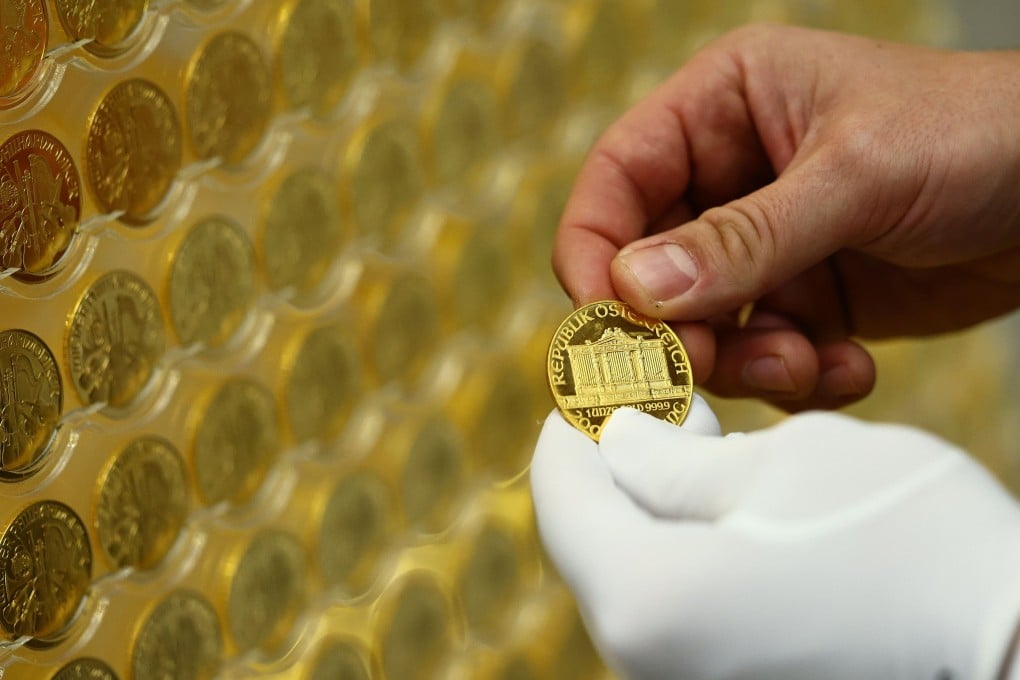Advertisement
Macroscope | Central banks forsaking gold for bitcoin would be height of folly
Leaders and policymakers should not be swayed by calls to pivot to cryptocurrencies when gold is as strong as ever
Reading Time:4 minutes
Why you can trust SCMP
3

Gold is a marvellously flexible precious metal, commodity or form of money adaptable to different cultures, currencies and ideologies. These are qualities it has displayed over centuries and which it is demonstrating again now despite challenges from upstart cryptocurrencies.
The fact that the price of gold has soared by more than 30 per cent to a record of more than US$2,600 an ounce this year has received far less publicity than the fact the always volatile price of bitcoin achieved a record value of more than US$100,000. Yet gold’s rise is by far the more significant of the two developments.
The reason is that central bank buying is exerting much or most of the upwards pressure on the gold price. As the Official Monetary and Financial Institutions Forum (OMFIF) noted in a recent joint report with the Commodity Discovery Fund and the trading platform Gold Republic, “Gold is now back in vogue among central banks worldwide as the ultimate safe asset”.
This fact detracts from the notion promoted by cryptocurrency enthusiasts that these institutions are actively diversifying their official reserve holdings into bitcoin and other cryptocurrencies.
In what the OMFIF report describes as the latest stage in gold reserve trends during the past 200 years, central banks are reverting to a historical pattern and confirming gold’s role as a safe asset. The war provoked by Russia’s invasion of Ukraine in February 2022 has, the report suggests, propelled a “sharp and apparently self-feeding increase” in the number of central banks purchasing gold.
This trend has spread well beyond China, Russia and other countries interested in setting up alternative systems to the US dollar-based international monetary order. Central banks in the Czech Republic, Hungary, Ireland, Poland, Qatar and Singapore have joined traditional buyers such as Turkey and India in ramping up gold purchases amid a growing desire for asset diversification and concerns about weakening of the dollar’s longer-term international role.
Advertisement
